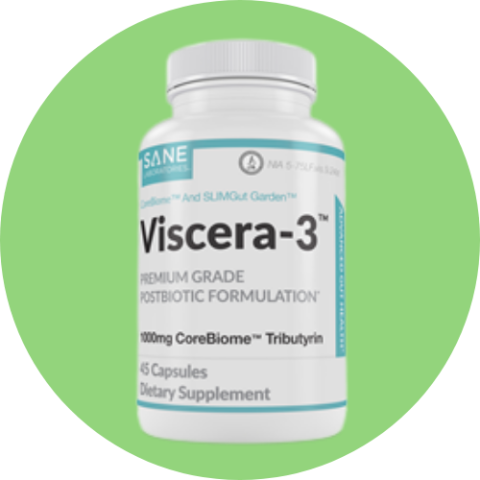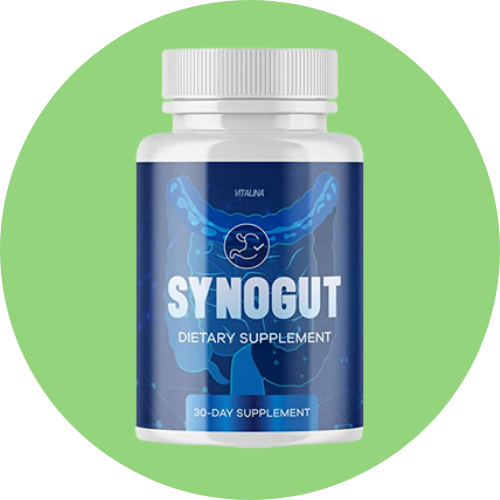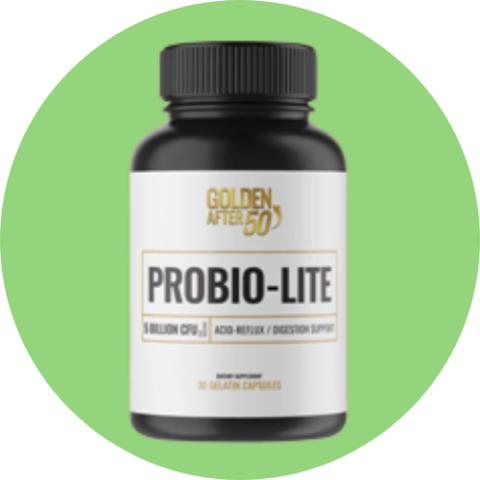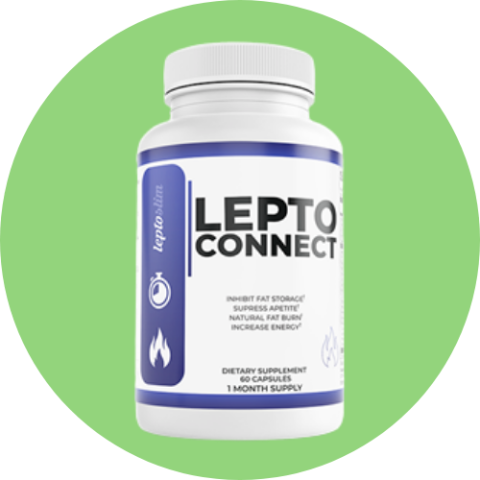What Causes Bloating in the Stomach? Remedies and More
By Vanessa Richards
January 5, 2025 • Fact checked by Dumb Little Man
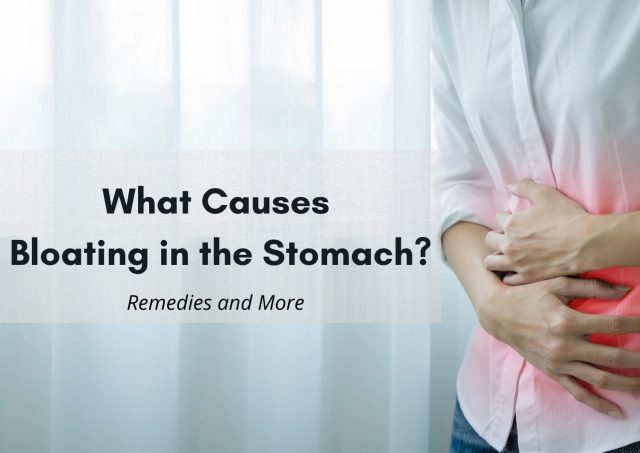
Being bloated may not only be uncomfortable but also painful. You may experience abdominal pain even though you do not have abdominal distension.
Common causes of bloating include the food you eat, certain drinks, stress, hormones, constipation, and air in the digestive tract. It is also possible that you are suffering from an undiagnosed medical condition.
If you want to know more about what are the causes of bloating, read more on the rest of the article.
What is stomach bloating?

People describe bloating as having extreme discomfort in the belly area. It may be due to pressure from accumulating air which would eventually cause tightness and lead to pain.
Literally, bloating means the presence of more than usual intestinal gas. It can occur alongside overeating, food intolerance, and indigestion.
Bloating can be embarrassing especially with frequent burping and when accompanied by a growling stomach. Farting can help reduce bloating but is certainly not a good idea in public.
What causes bloating?
There is no single cause of bloating. In fact, it can be due to natural digestive processes, hormones, diseases, disorders, and other health concerns.
Overeating
Eating too much leaves not enough space for the gas that naturally forms in your tummy. There are various ways how there can be a build-up of digestive contents.
When you don’t chew your food properly, you literally eat gas which can easily lead to temporary bloating.
Make sure to eat a balanced meal that includes lots of fibers to avoid constipation. Regular bowel movements also improve digestion, not just the other way around.
In the long term, having a weight gain of 10 pounds in the least definitely shows up as belly fat. The space occupied by it means less room for your digestive system, thus the easier it is to feel bloated.
In addition, try eating slowly even when your food is really delicious. Better yet, eat smaller portions throughout the day instead of having large meals.
Intestinal Gas
Breakdown of food during the digestion process naturally produces carbon dioxide, hydrogen, and methane. Sometimes, the normal amounts are exceeded due to diseases or the food you eat.
Food intolerance can not only cause inflammation but also cause a specific food to not be digested properly. Indigestion disrupts the balance needed for gut bacteria to properly conduct fermentation.
On the other hand, it is possible that there is an imbalance in your healthy gut bacteria. Such a situation also decreases your stomach’s capability to digest food.
Hormones
Bloating caused by hormones is more specific in women experiencing perimenopause. Hormone fluctuations coincidental to the menstrual cycle can affect not only the digestive process but also your sensitivity.
Estrogen may cause water retention more than usual. Together with progesterone, your motility’s speed can be slower or faster.
Even if you are not bloated, increased visceral sensitivity can trick you into thinking you are. It adds up to the pains you may experience during your monthly period.
Medical Conditions
One way for you to be bloated is due to blockages caused by tumors, hernias, strictures, and scar tissues. If you suffer from diverticulosis and Crohn’s disease, there will be less space in your gi tract.
Food that slowly moves through the intestines due to motility disorders can cause constipation. Pseudo-obstruction, gastroparesis, and pelvic floor dysfunction can contribute to the problem.
Food can be a problem, too. With carbohydrate malabsorption, you may be sensitive or intolerant to sugars. When combined with SIBO or small intestinal bacterial overgrowth, gas-related complaints can be more serious.
Functional gastrointestinal disorders such as IBS and dyspepsia will cause you to have abdominal bloating regardless of what you eat.
Visceral hypersensitivity sends the wrong signals to your brain that tells muscles in the abdominal cavity to make more space. It is correlated to IBS which causes abdominal pain without visible damage.
If you experience severe bloating that cannot be managed, it is possible that you have a serious medical condition. Ascites, pancreatic insufficiency, gastritis, enteritis, or cancers of the stomach, intestines, ovary, uterus, colon, or pancreas, join the list.
Some of these medical conditions cannot be solved by lifestyle changes and may require medical procedures. Others are untreatable and can only be managed.
How to know if the stomach is bloated?
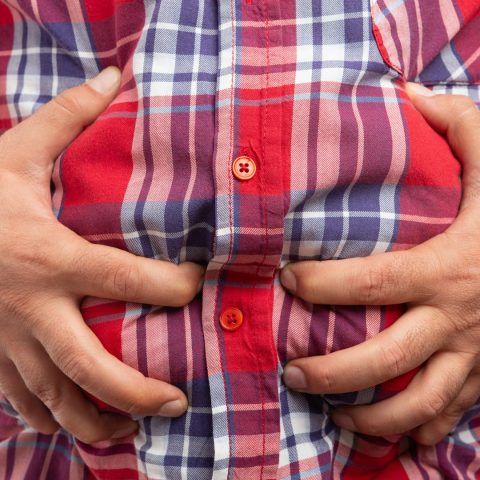
Borborygmi or abdominal rumbling that your stomach makes is an indication that there are moving fluids or air. If gas accumulates, it would eventually lead to stomach pain until taken out of your digestive system.
Another sign is the buildup of gas that must be taken out of your system. Otherwise, you will experience pain as one of the common symptoms.
You may feel fullness in your stomach due to fluid buildup. If you have been swallowing air, more gas and bloating will ensue.
Signs and symptoms can last for a few hours but if they persist, bloating may be due to underlying health conditions.
Cleveland Clinic shares some options on how to determine a more specific cause such as:
- Hydrogen breath test if you have SIBO or sugar intolerances
- Elimination diet to check culprit fodmap foods or fermentable short-chain carbohydrates. Examples are asparagus, cow’s milk, wheat, and ice cream.
- Targeted probiotics reintroduction if there is an imbalance in the gut microbiome.
- Biofeedback which is a mind-body therapy if you experience bloating due to stress.
- Hormone therapy for women who have PMS. It could be as simple as taking hormonal birth control pills or having HRT or hormone replacement therapy.
Related Article : 7 Best Probiotic Supplement for Healthy Digestion • Top Gut Health Support of 2024
How can I prevent a bloated stomach?
The key to preventing pain and bloating is to not let extra air be in the digestive tract. You can try these solutions.
Eating the right kind of food

To help you eat more healthily, try having a food diary in addition to your weekly meal plans. You can easily see which food groups you can cut back on, or eat more of.
Avoid chewing gum, junk foods, carbonated drinks, and especially gluten foods if you have celiac disease.
Having an active lifestyle

How much you eat and how your body digests it can alter the properties of the gut, potentially affecting bowel movements.
But not everyone is affected by changes in diet. Research has shown that lifestyle changes can have a positive impact on abdominal bloating.
According to a clinical gastroenterology publication, even short-term physical activity following meals help manage gas and bloating.
Taking Probiotic Supplements
You can also incorporate probiotic supplements into your diet to optimize the digestion process. They help boost the microflora in your digestive tract which reduces gas.
Here are some of the top products with probiotics:
Best Prebiotics for Stomach Bloating
| Product | Key Feature |
|---|---|
| Top Consumer's Choice | |
| Best Prebiotic Fiber Blend | |
| Best Value Supplement | |
| Most Common Probiotic Supplement | |
| Best Nutritious Formula | |
| Best Herbal Extracts |
1. Top-Notch Supplement For Digestive Health: Sane Viscera-3
This premium product has a triple-action formula. The Proanthocyanidin from the grape seed extract helps boost bifidobacteria and fight bad bacteria to say goodbye to smelly poop.
Its magnesium and chromium enhance glucose metabolism while pomegranate provides natural prebiotic fiber. Moreover, it contains CoreBiome Tributyrin, a postbiotic that supports the immune system.
Full Article: Viscera 3 Reviews: Does it Really Work?
2. Best Prebiotic and Probiotic Supplement: SynoGut
It is one of the top probiotic fiber supplements. For the best results, you need to take a specific diet that is less stressful for your gut.
If you have fewer bowel movements than normal, it would be helpful. It contains natural ingredients such as black walnut, aloe vera, prune, and apple pectin.
Synogut also has glucomannan, a plant-based water-absorbent and water-soluble fiber. The bentonite clay in it helps with detoxification.
Full Article: SynoGut Reviews: Does it Really Work?
3. Best Probiotics with Super Strains: FloraSpring
It is the best value calorie absorption reducer. It contains Bifidobacterium animalis subsp. lactis, Bifidobacterium breve, and Lactobacillus rhamnosus that are good for your tummy, calorie intake, and even your mood.
There are other probiotic bacteria in the mix as well that overall, improves blood pressure and bloating symptoms.
Full Article: FloraSpring Probiotic Review: Does it Really Work for Weight Loss?
4. Best for Probiotic Weight Loss: Biofit
It is the most common prebiotic supplement for weight loss. Just like ProbioLite, it is loaded with probiotic strains including Lactobacillus acidophilus, and Lactobacillus casei.
It has millions of CFUs or colony-forming units that help balance the microbial biome in your gut. Moreover, its short-chain fatty acids improve fat metabolism.
BioFit is very effective, but lots of counterfeits are now out there.
Full Article: BioFit Reviews: Does it Really Work?
5. Best Nutritious Formula: ProbioLite
The blend offers multiple probiotic bacteria strains. These include Lactobacillus acidophilus, Lactobacillus rhamnosus, Lactobacillus fermentum, Bifidobacterium bifidum, Bifidobacterium longum, and others.
Probiotic bacteria help fight bacterial infections caused by pathogens although it can worsen small intestinal bacterial overgrowth.
Full Article: Probio Lite Reviews: Does it Really Work?
6. Best Herbal Extracts: LeptoConnect
The blend with herbal extracts sheds the extra fats. It contains zinc, copper, vitamin B6, and extracts of green tea, Graviola leaves, African cherry, and red raspberries.
Shiitake, reishi, and maitake mushroom extracts are also in the mix. However, it doesn’t specifically target bloating.
Full Article: LeptoConnect Reviews: Does it Really Work?
Conclusion:
Bloating can be managed by looking through your diet, supplements, medications, and lifestyle. The best way to deal with it is to know the exact culprits that cause allergy, indigestion, and extra gas.
Sane Viscera-3 is a helpful product that boasts of prebiotic and postbiotic premium ingredients, while also supporting the immune system. It assists metabolism and intestinal microflora, which is much more helpful to those who experience functional abdominal bloating.
If you have chronic bloating, make a trip to the doctor who can rule out specific medical causes.
Get Sane Viscera-3 at a Discounted Price
Stomach Bloating FAQs
Is irritable bowel syndrome a cause of bloating?
Yes, irritable bowel syndrome has bloating as one of its symptoms. People with IBS should have regular exercise, small meals, and less fiber in their diet.
Does food intolerance affect abdominal bloating?
Yes, food intolerance causes bloating due to inflammation of the gut and improper absorption of other nutrients. Avoid certain foods, especially when not at home.
How can I relieve stomach pain due to bloating?
To address stomach pain due to bloating, eat slowly, and try home remedies such as herbal tea and antacids. Carbonated beverages do not help, so opt for plain drinking water.
Vanessa Richards
Vanessa is a mom of 3 lovely children and a software geek. Outside of her career as a health and wellness instructor. She enjoys writing and researching on topics such as finance, software, health and culinary.

